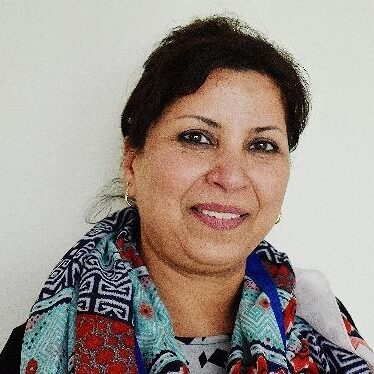Understanding Ramadan: Supporting Muslim Students in Schools
As teachers, we are responsible for creating inclusive learning environments where all learners feel valued and supported. With the month of Ramadan approaching, it's essential to understand its significance and how it may impact Muslim children and young learners in our schools. By being informed and proactive, we can ensure these learners receive the necessary support to thrive academically and spiritually during this holy month.

What is Ramadan?
Ramadan is the ninth month of the Islamic lunar calendar and holds profound significance for Muslims worldwide. It commemorates the revelation of the Quran to Prophet Muhammad (peace be upon him) and is observed as a month of fasting, prayer, reflection, and community. During Ramadan, Muslims fast from dawn until sunset, abstaining from food, drink, smoking, and other physical needs.
Meeting the Needs of Learners
Awareness and Sensitivity: Teachers should be aware of the start and end dates of Ramadan each year and be sensitive to the needs of Muslim students during this time. Understanding the significance of fasting and its potential impact on students' energy levels and concentration is crucial.
Flexible Arrangements: Providing flexible arrangements for fasting students can enhance their learning experience. This may include allowing students to take breaks for prayer or providing a quiet space for reflection during lunchtime.
Respectful Environment: Foster a respectful environment where students feel comfortable discussing their religious practices and beliefs. Encourage open dialogue and mutual understanding among students of different faiths.
Adjustments to Physical Activities: Recognise that fasting students may experience temporary changes in energy levels and stamina. Consider making adjustments to physical activities or scheduling them at times that are less physically demanding for fasting students.

Cultural Sensitivity: Be mindful of cultural sensitivities surrounding food and eating. Avoid scheduling events or activities that revolve around food during fasting hours and ensure that students who are fasting are not made to feel excluded or uncomfortable.
Education and Awareness: Take the opportunity to educate the class about Ramadan and its significance. This can help foster empathy, understanding, and respect for diversity within the school community.
Collaboration and Support
Collaborating with Muslim students, their families, and community leaders can provide valuable insights and support in meeting the needs of students during Ramadan. By working together, teachers can ensure that all students feel included, respected, and supported in their religious observances.
Conclusion
As teachers, it is our responsibility to create inclusive and supportive learning environments that meet the needs of all students, including those observing religious practices such as Ramadan. By being informed, sensitive, and proactive, we can ensure that Muslim students feel valued and respected in our schools, enabling them to participate in their educational journey while honouring their faith fully.
Ready to find out more?
Take a look at these top tips for supporting pupils during Ramadan- IRC’s strategies to support students.
Article by
Rashda Salamat
English as an additional language Teacher
The Inclusive Learning and Achievement Service (ILAS)
rashda.salamat@northtyneside.gov.uk

